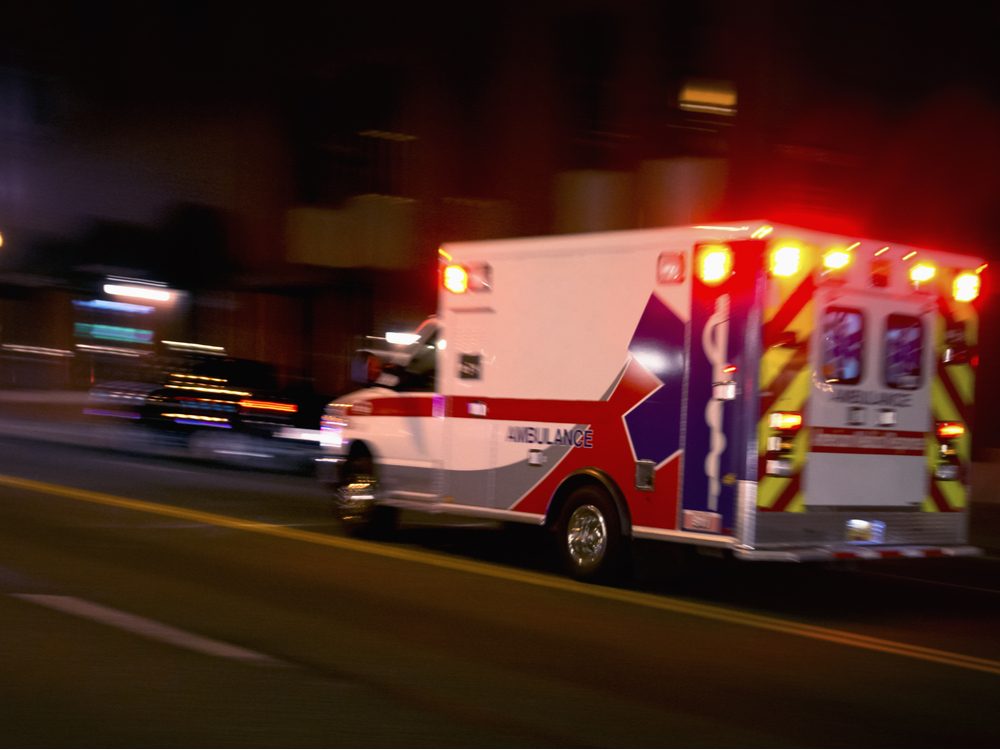
Let ambulances pass you, but obey the rules of the road
On the highway, pull over to the right if possible, but don’t stop your vehicle on the shoulder—it’s generally illegal to do so, and emergency vehicles may need to use it to get around traffic.
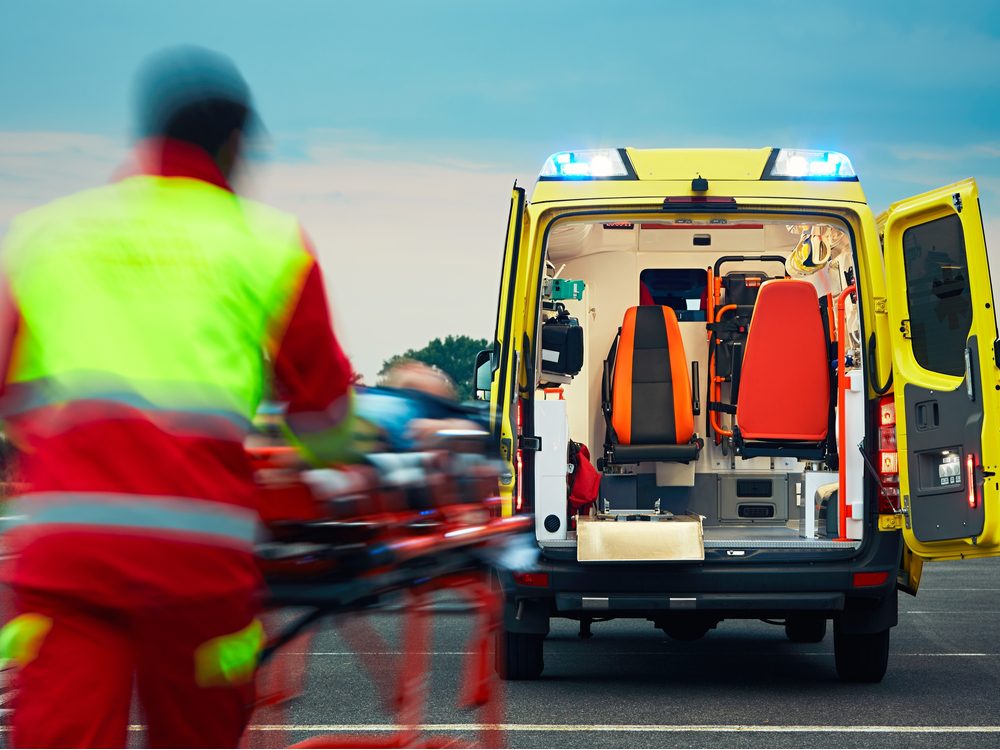
Don’t call them ambulance drivers
Paramedics can perform a number of life-saving procedures, including defibrillations and intubations, often in dangerous environments. “We bring the emergency room to the patient,” says Darryl Wilton, president of the Ontario Paramedic Association.
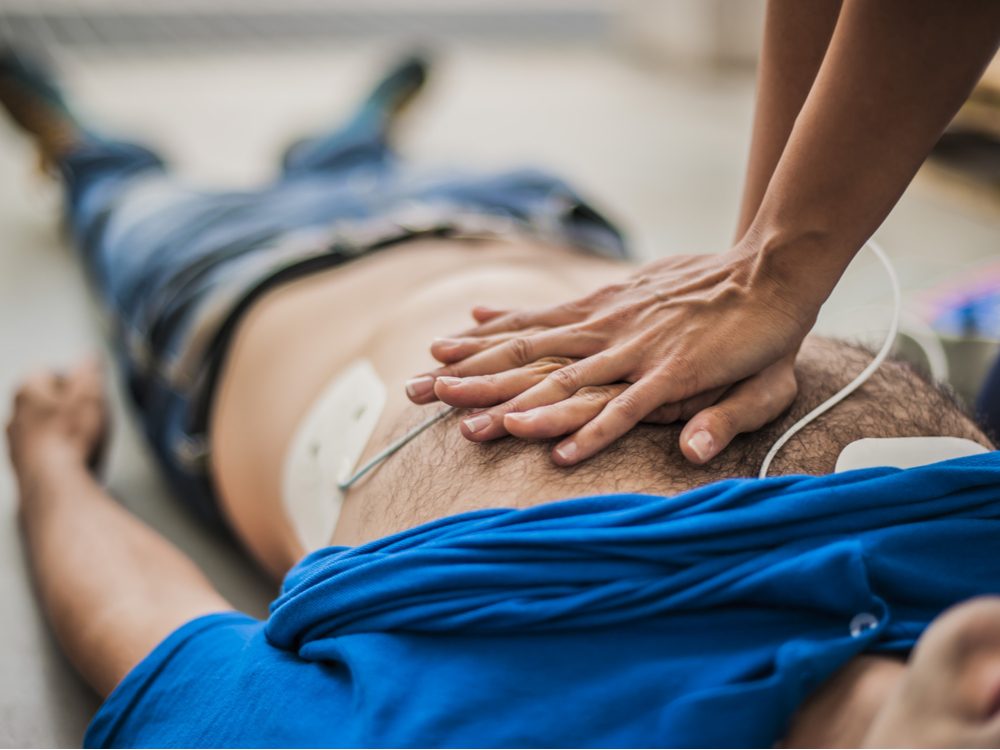
Real CPR isn’t like it is in the movies
Performing chest compressions properly (with pressure to a depth of five centimetres for adults) sometimes cracks ribs. But it’s worth learning—it can triple a patient’s chances of survival.
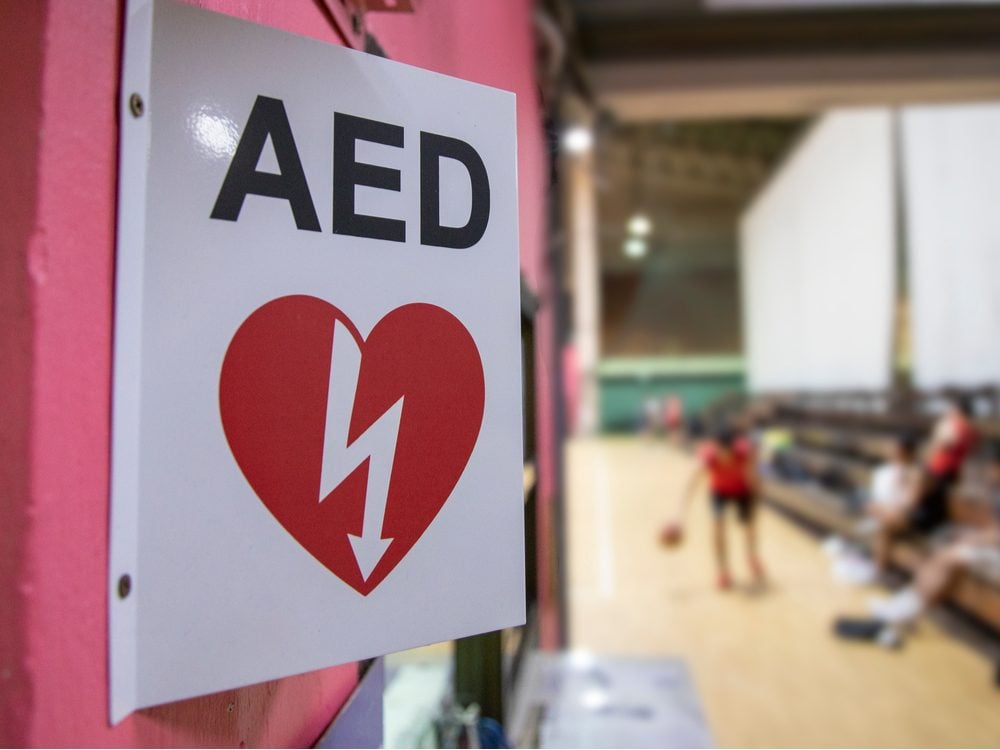
CPR is more important than you think
Using an automatic external defibrillator (AED) or performing CPR within three to five minutes of cardiac arrest, before paramedics arrive, can make all the difference. “Survival rates go down by 10 per cent for every minute the patient doesn’t get CPR or defibrillation,” Wilton says.
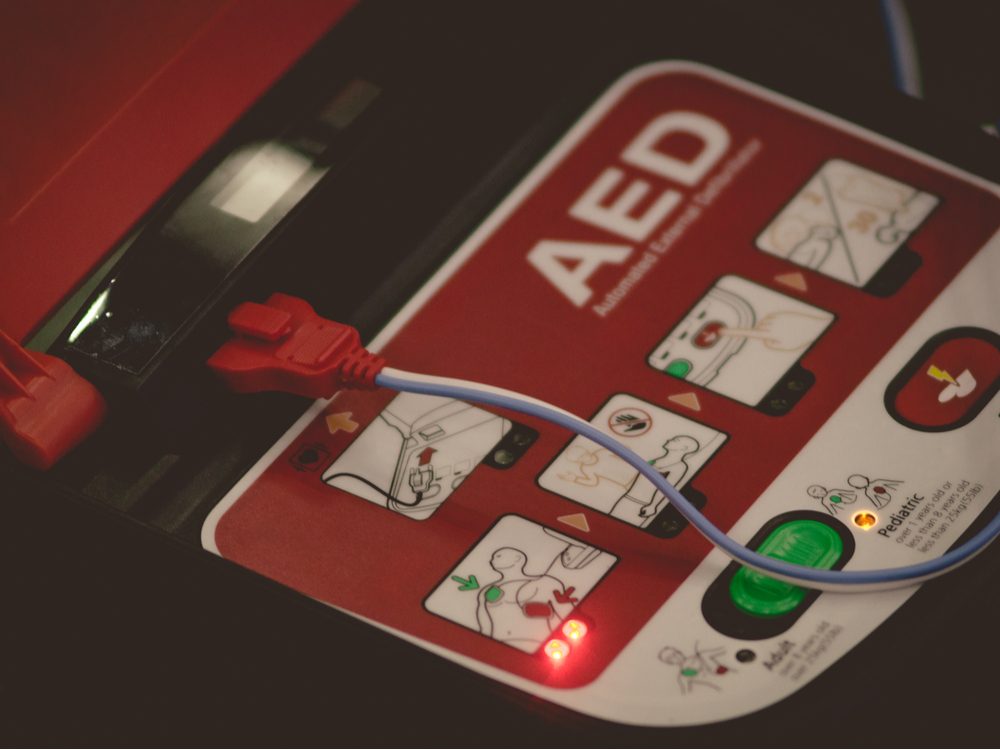
AEDs are simple to operate
A voice prompts and diagrams coach you through the process. Encourage your workplace to invest $1,500 to $2,500 for one, and to send employees for CPR and defibrillation training.
Read up on these cardiologist-approved heart health tips.
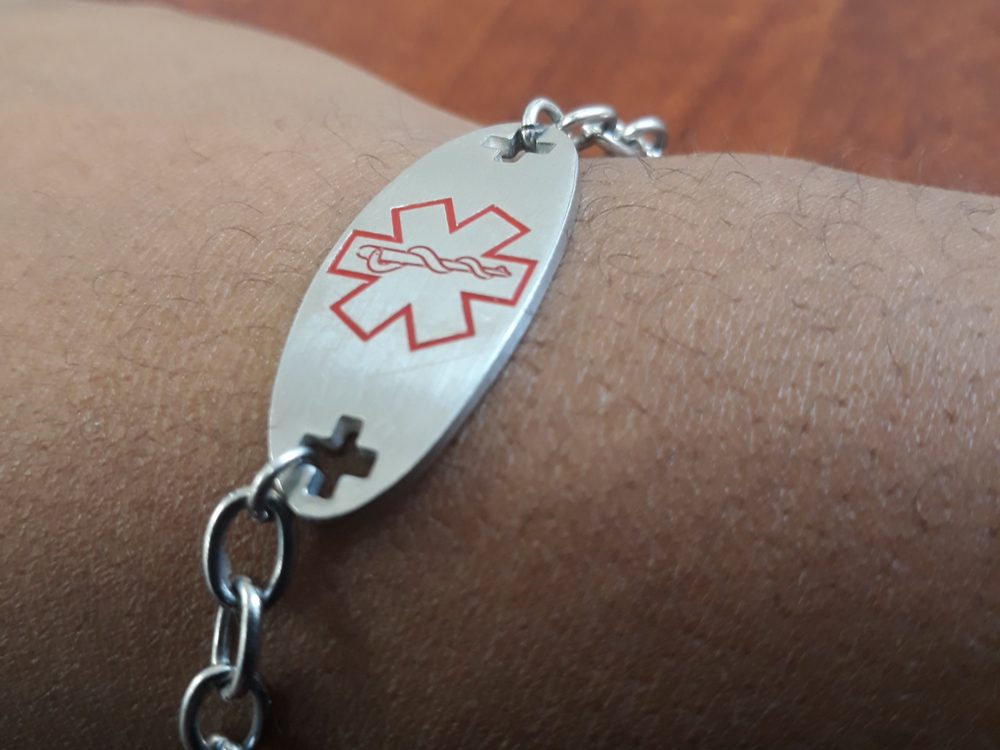
If you have a health condition (such as allergies), always have crucial information accessible to first responders
Ideally, you would have a MedicAlert bracelet or on a printed list of medications posted by the front door. “When we enter and exit your home we’ll be sure to find it,” Wilton says.
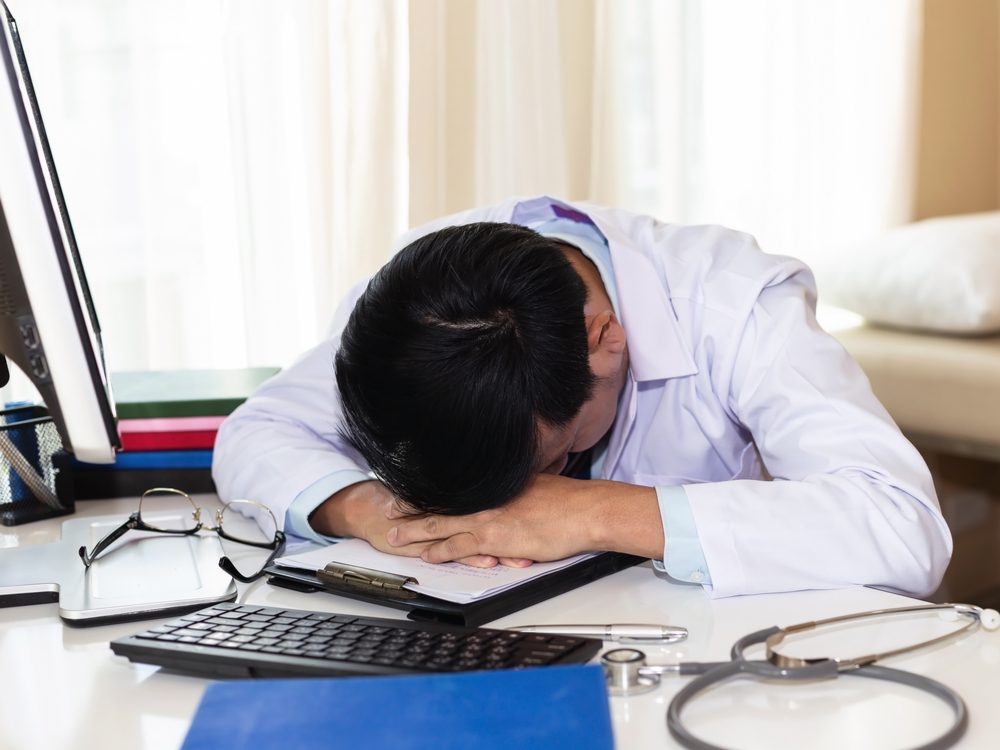
Being faced with gruesome injuries can take its toll
Among emergency-service workers, paramedics were found to have the highest rates of suicidal thoughts, according to one 2018 Canadian study.
Don’t miss the story of the retired paramedic helping first-responders cope with PTSD.
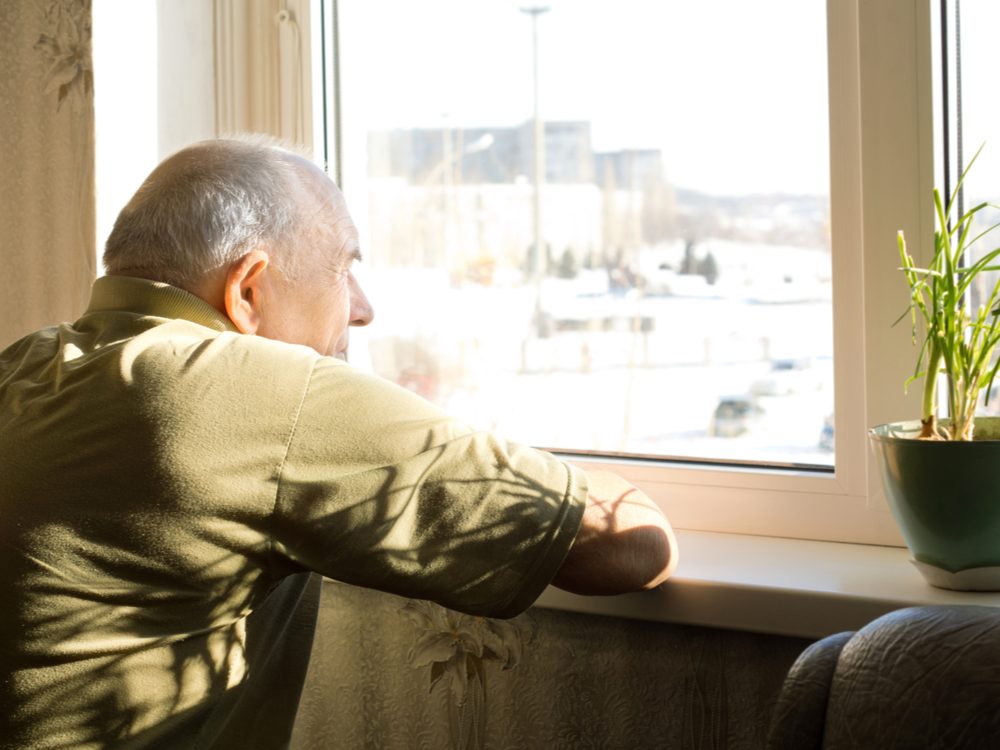
The work isn’t all adrenaline
Paramedics sometimes respond to elderly people who call 911 because they’re lonely and depressed. “Often that call is the first time they’ve reached out,” Wilton says. “We have a community paramedicine program to align them with home care and community groups.”
Find out how singing can turn lonely seniors into best friends.
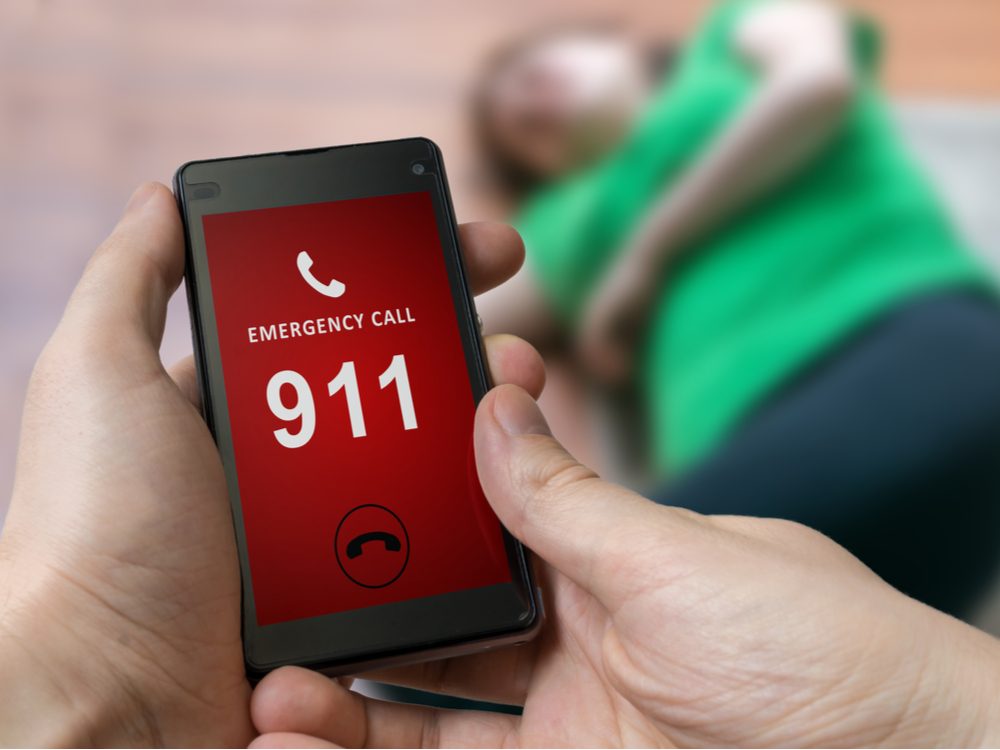
When in doubt, don’t hesitate to call 911
If the dispatcher or emergency responders think your condition can wait until you can see your family doctor, they’ll tell you. A true medical emergency usually involves chest pain, choking, difficulty speaking or breathing, numbness, sudden intense pain, broken bones, severe bleeding, burns or a suicide threat.
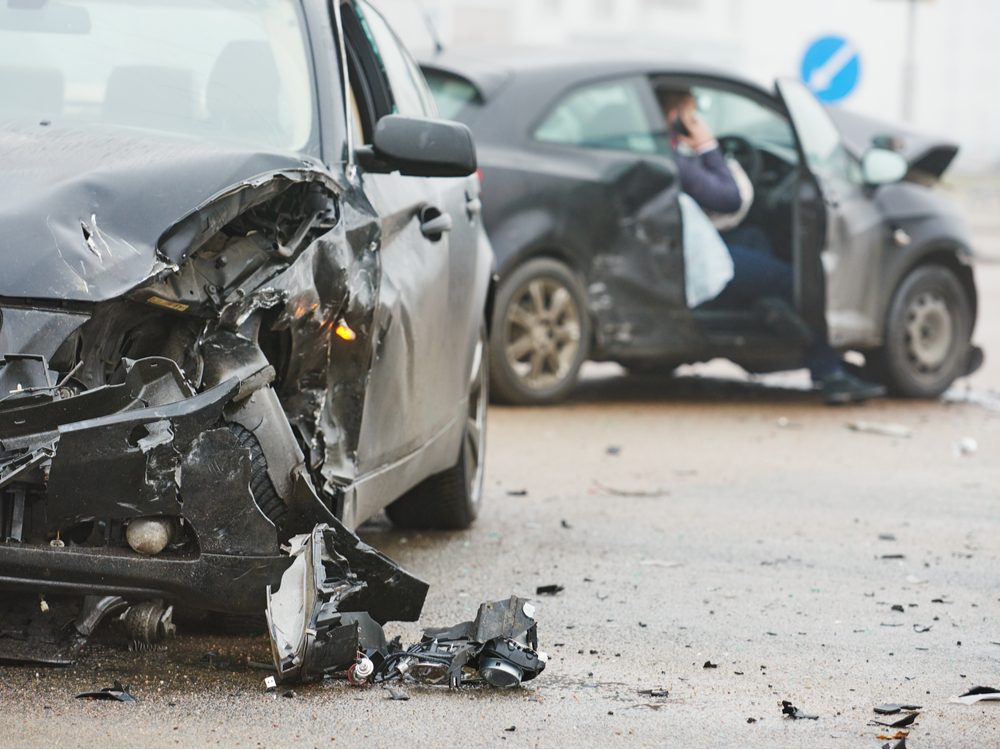
A car crash that’s anything more than a fender bender merits a 911 call
Endorphins triggered by shock can mask pain, and symptoms of concussion or injuries like whiplash may take days to appear.
Here’s what you must do within 10 minutes after a car accident.
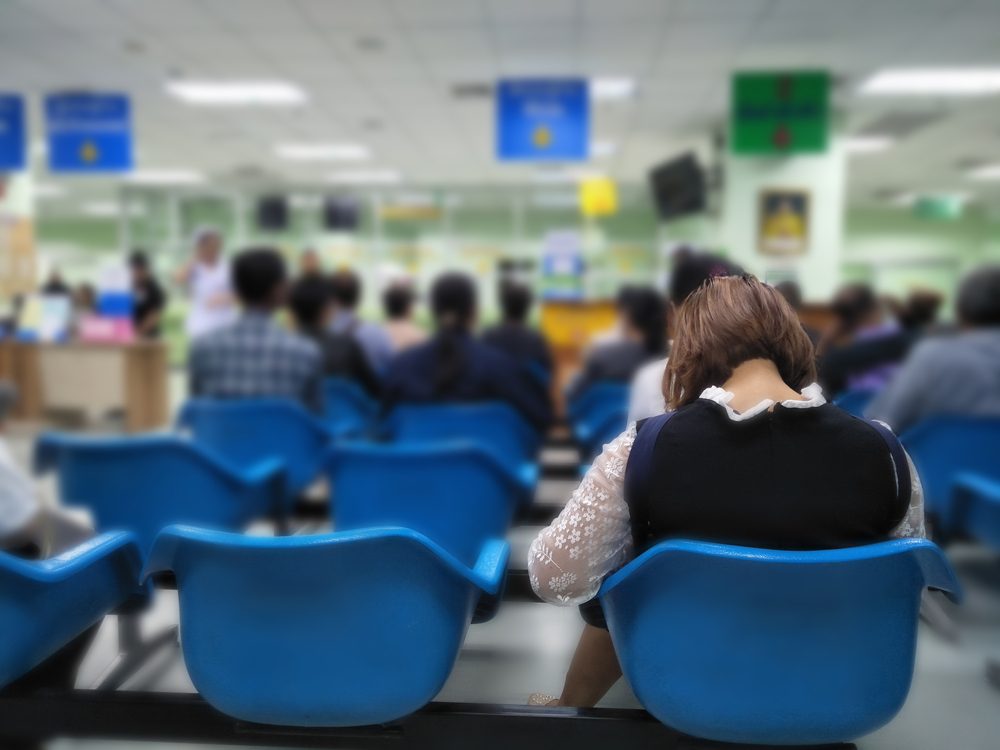
Calling an ambulance won’t guarantee you a shorter wait time in the ER
Cases are triaged by urgency, not how you got in the door.
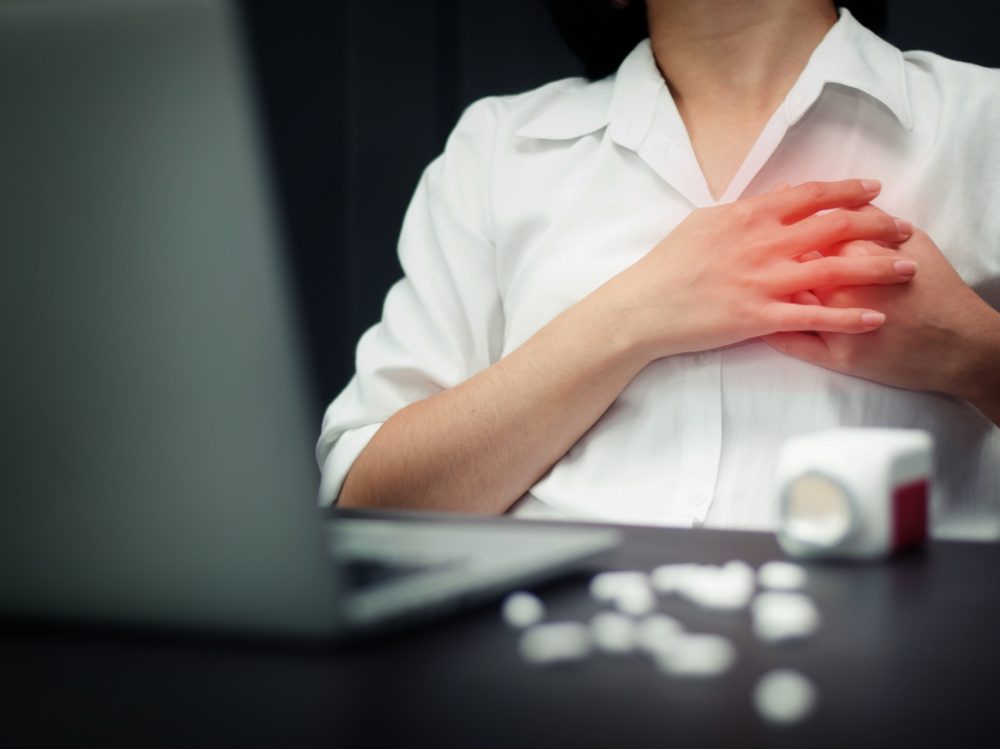
If you think you’re having a heart attack, the first thing you should do after calling 911 is chew two Aspirin
The medication is an anti-platelet agent that stops the clot in your artery from getting any worse.
Learn the silent signs of a heart attack.
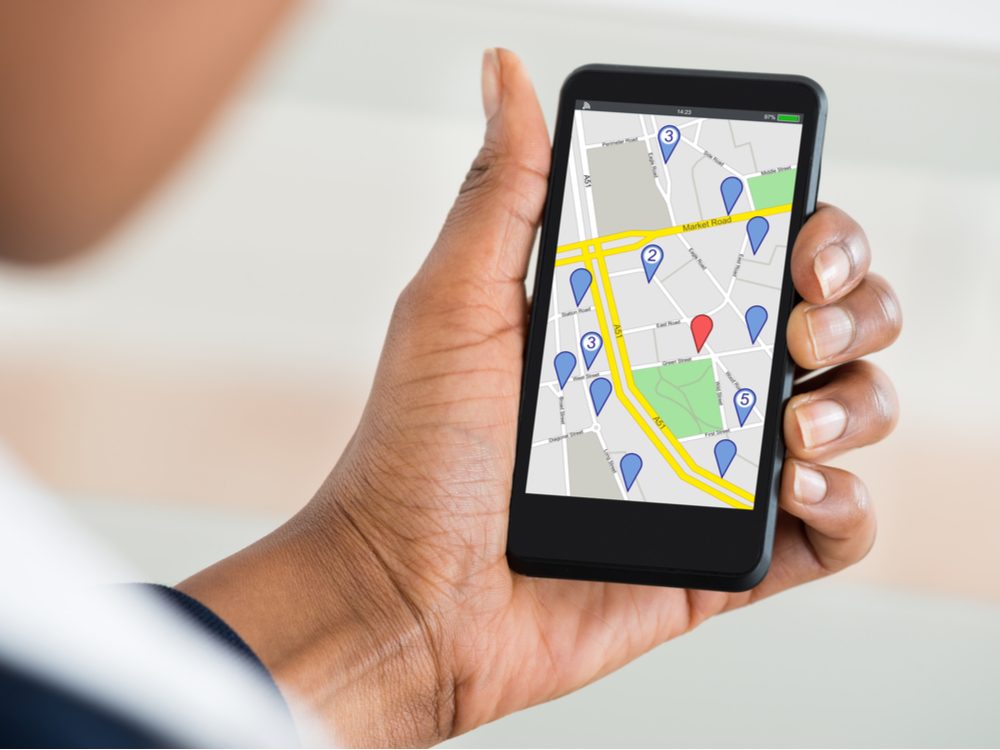
If you’re in a remote area, use your phone to figure out your GPS coordinates.
In iOS, use the Compass app, or in Google Maps, press and hold an area to make a red pin appear. You’ll see the coordinates in the search box at the top. “Every day, 911 dispatchers get calls from people who don’t know where they are,” Wilton says. “Tracking down your exact location can take up valuable minutes in an emergency.”
Memorize these health symptoms you should never ignore.